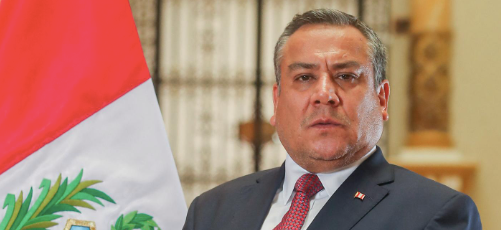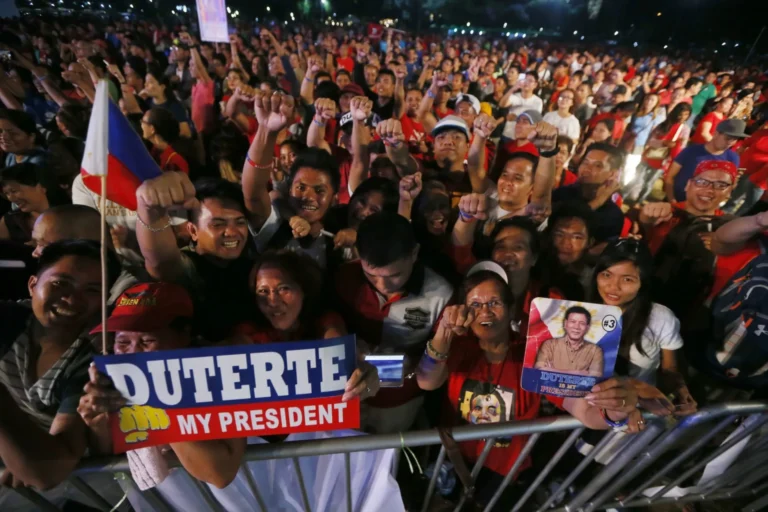
Juba, South Sudan – April 10, 2025:
South Sudan’s main opposition party, the Sudan People’s Liberation Movement-in-Opposition (SPLM-IO), has appointed an interim leader following the controversial detention of its chairman and First Vice President, Riek Machar, by government forces last month. The decision, made on Wednesday in a consultative meeting held in the capital Juba, marks a significant shift in the country’s fragile political landscape.
Stephen Par Kuol, South Sudan’s Minister of Peacebuilding and a senior figure within SPLM-IO, was named the interim chair by the party’s National Liberation Council (NLC). The move comes amid growing internal divisions, with many of Machar’s loyalists boycotting the meeting and some fleeing the country. Machar, a central figure in the 2018 peace agreement that ended South Sudan’s five-year civil war, remains under house arrest, a move widely criticized by SPLM-IO officials and the international community.
“This is not a coup against Machar,” said Kuol. “What we have done is to resolve a leadership crisis triggered by the detention of our chairman and the desertion of other senior party leaders.”
Kuol’s appointment follows the suspension of SPLM-IO’s former deputy chair, Nathaniel Oyet Pierino, who is currently in exile. The party leadership accused Pierino and others of attempting to destabilize SPLM-IO from abroad and rejected their authority to issue directives while outside the country. Kuol dismissed Pierino’s suspension of him and three other officials as “the joke of the year,” reinforcing that SPLM-IO decisions must be made within the country.
Losuba Ludoru Wongo was approved as the new deputy chair, while Agok Makur Kur was named the party’s secretary-general. In his address, Kuol reaffirmed SPLM-IO’s commitment to the full implementation of the 2018 peace agreement, calling it “the sole pathway to achieving lasting peace and reconciliation among the diverse communities of South Sudan.” He also demanded the immediate release of Machar and other detained SPLM-IO leaders, arguing that their detention undermines peace and dialogue.
The political shake-up comes as tensions continue to rise in the north, where clashes between government troops and the White Army—a militia believed to be aligned with Machar have resulted in deadly violence. Government forces recently carried out airstrikes in response to a White Army assault on a military base in Nasir County, Upper Nile State. Additional attacks on SPLM-IO training barracks near Juba have further escalated fears of renewed conflict.
Despite the growing instability, political analysts like Abraham Kuol Nyuon of the University of Juba believe the peace agreement may survive. “The agreement can still be implemented by other party members,” he said, though he warned that continued infighting within SPLM-IO could strain the unity government and risk further violence.
With national elections now delayed until 2026, observers remain cautious about South Sudan’s political future. The recent SPLM-IO leadership change, coupled with Machar’s detention and military confrontations, could significantly impact the trajectory of the fragile peace process.




